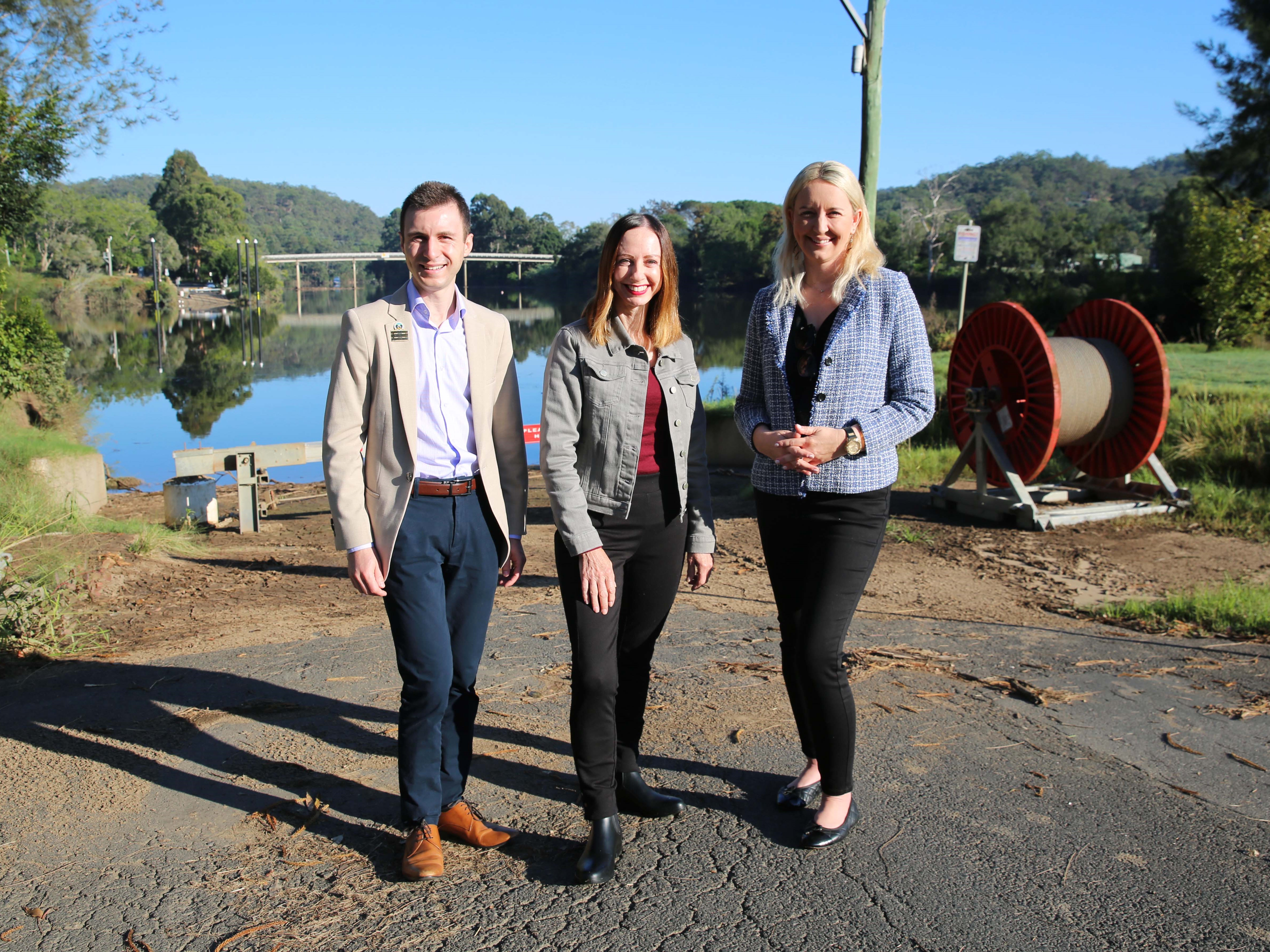The Board of the Insurance Council of Australia (ICA) has agreed that an application for special leave is to be made to the High Court of Australia to appeal the decision of the New South Wales Court of Appeal regarding the application of the Quarantine Act exclusion to business interruption policies.
The option for an appeal by either the insurers or the insured was agreed to in the original decision to seek an outcome from the courts. If special leave to appeal is granted, the ICA would seek for the matter to be heard in the High Court as quickly as possible.
While the insurance industry is sympathetic to businesses, particularly small and medium enterprises, that have experienced hardship as a result of COVID-19 restrictions, it remains of the view that pandemics were not contemplated for coverage under most business interruption policies and that the Quarantine Act exclusion excludes COVID-19 related claims.
Premiums were not collected to reflect the cost of cover for pandemics and reinsurance was not generally available for pandemic cover, nor were reserves established for pandemic-related claims. Where appropriately priced business interruption policies were designed to cover pandemics (predominantly in the entertainment and health sectors) claims have already been paid out.
While it is unfortunate that some policies were not updated to refer to the legislation that replaced the Quarantine Act, the decision of the Court of Appeal, if implemented, would mean policyholders with an updated and correct legislative reference would not be eligible to claim under their business interruption policies for COVID-19 related claims, while those whose policy incorrectly referenced the Quarantine Act would.
APRA data shows that Fire and Industrial Special Risk Insurance, which generally covers business interruption, had a gross loss ratio of 84 per cent in the 12 months to September 2020, and a net underwriting ratio (which includes reinsurance costs and payouts and other expenses) of 115 per cent, meaning that on average this cover already costs more to the industry than it recovers.
For the industry to remain fair and sustainable for all customers over the long term, it cannot pay claims for events that customers have not actually paid premiums to cover.
The insurance industry recognises the importance of seeking clarity on the interpretation of further aspects of business interruption policies and is working with stakeholders and policyholders to provide a resolution as quickly as possible.
The ICA intends to file a further test case that explores other policy issues foreshadowed with policyholders but not dealt with in the first test case, including proximity and prevention of access, and is working with stakeholders to finalise the parameters of this second test case.
The industry will meet the costs of both the policyholders and the insurers in the further test case, as it did in the first test case and will for any appeal.
As stated by Andrew Hall, CEO, Insurance Council of Australia:
– The industry understands that this is a challenging time for many small and medium businesses and is doing what it can to ensure a fair and sustainable resolution that provides clarity.
– Business interruption insurance plays a crucial role in providing protection for businesses and enabling them to function with assurance, and APRA data shows that this category of insurance already costs more to the industry than it recovers.
– Those business insurance policies that were intended to cover pandemics, predominantly in the entertainment and health sectors, have paid out. However, if the industry is forced to pay out for risks it has not collected premiums for, or sought reinsurance for, it would compromise our ability to provide the Australian business market with protection against other risks.







